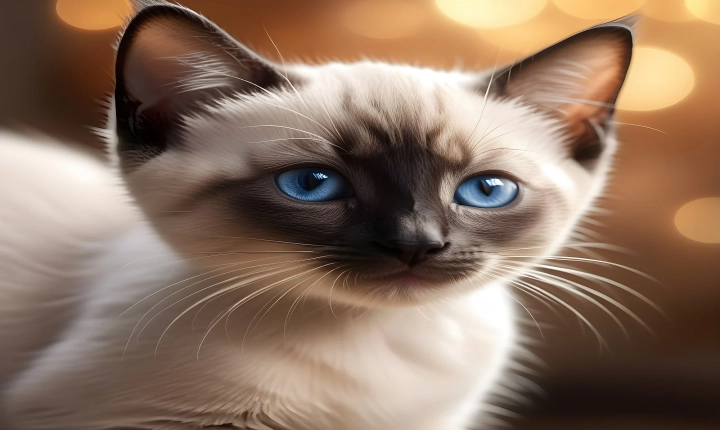Title: The Impact of Smarter AI on Creativity
In recent years, artificial intelligence (AI) has made significant advancements, leading to smarter and more sophisticated technology. As AI capabilities continue to evolve, the way we approach and engage in creative endeavors is also undergoing a transformative shift.
The intersection of AI and creativity is a topic that has sparked both excitement and apprehension. On one hand, there is concern that AI will replace human creativity, diminishing the value of original thought and innovation. On the other hand, proponents argue that smarter AI has the potential to enhance and expand creativity in ways previously unimagined.
One of the most notable ways in which smarter AI will change creativity is through the generation of new ideas and inspiration. AI can analyze vast amounts of data and patterns to identify connections and possibilities that may elude human minds. This can result in unexpected insights and novel concepts that fuel creative processes across various fields.
Moreover, AI can serve as a powerful tool for artists, writers, and designers, offering new mediums for expression and experimentation. For instance, AI-driven algorithms can create music, visual art, and even literature, providing a unique fusion of human and machine creativity. This collaboration between human creators and AI can accelerate the generation of ideas, optimize workflows, and push the boundaries of traditional creative practices.
Smarter AI also has the potential to streamline the creative process, freeing up time and mental energy for deeper exploration and ideation. By handling routine tasks such as data analysis, logistical planning, and repetitive design iterations, AI can empower creatives to focus on higher-order thinking, problem-solving, and conceptualization.
Furthermore, smarter AI can facilitate personalized and adaptive experiences for consumers, tailored to their preferences and behaviors. This level of personalization can revolutionize the way content is created and delivered, leading to more engaging and impactful creative outputs that resonate with individuals on a deeper level.
Despite these promising prospects, it is crucial to recognize and address the ethical considerations and potential challenges associated with the rise of smarter AI in creativity. As AI becomes increasingly capable of emulating human creativity, questions regarding authorship, intellectual property rights, and the authenticity of creative works will become more complex and contentious.
Additionally, there is a risk of over-reliance on AI, which could stifle diversity of thought and limit the range of creative expression. Striking a balance between leveraging AI for its capabilities while preserving the unique human touch and subjective experiences in creativity will be a critical consideration moving forward.
In conclusion, the integration of smarter AI into the realm of creativity presents both opportunities and responsibilities. While AI has the potential to revolutionize the creative process, it is imperative to approach this evolution with a thoughtful and nuanced perspective. By embracing AI as a catalyst for innovation and collaboration, we can harness its capabilities to augment and amplify human creativity, leading to a new era of artistic and imaginative expression.
